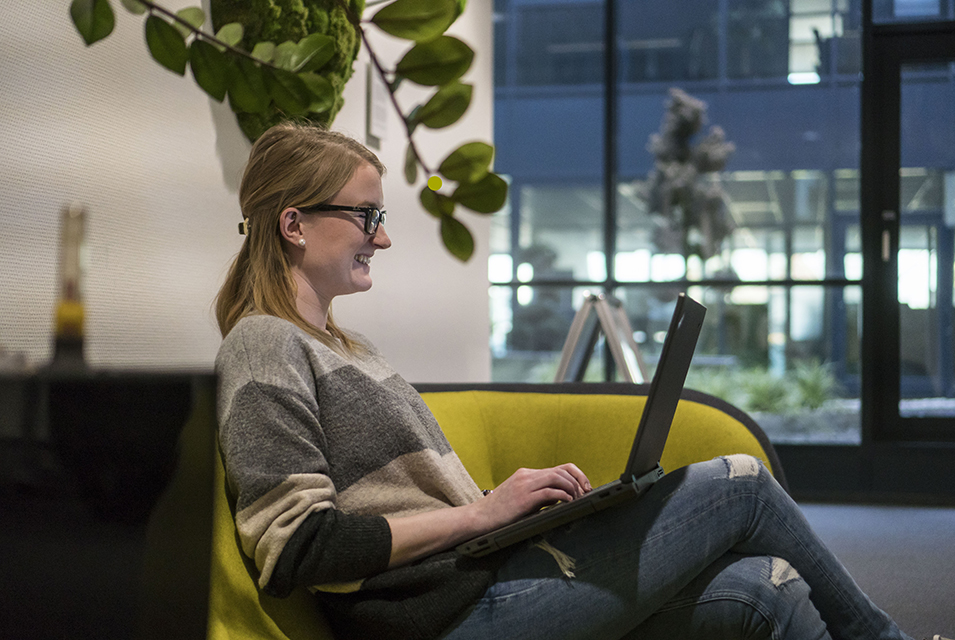The future of work
February 2020, the start of the Corona pandemic and initial containment measures. It quickly becomes clear that everyone must do their part to limit contacts in order to slow down the spread of Corona. Not only individual citizens, but also and especially companies and their flexibility should play a major role. For employers, it quickly becomes apparent: Those who had already gained experience with mobile working before the pandemic are a nose ahead. For SSC, the hurdles to sending the workforce into predominantly mobile working were manageable. The technical and interpersonal foundations had already been laid. Nevertheless, it was a change to meet and communicate almost exclusively digitally – both within the company and with customers and partners.
“After the first lockdown in spring, we already asked our employees to give us a brief impression of their mood in the home office and whether they perhaps missed their office workplace. The feedback back then was very positive. Overall, a very large proportion rated mobile working as positive and preferred hybrid working concepts with high proportions of home office. Only 10 per cent of respondents preferred to work in the office most of the time,” says Franziska Richter, HR Officer at SSC.
Now they say “home office is the new normal”. But what will happen when the pandemic subsides? What lessons can be learned from mobile working during Corona for the time after the pandemic? These questions are being addressed by an internal working group at SSC, which is made up of colleagues from a wide range of teams, including students. The aim of the group is not to reinvent the wheel. But how can mobile working be optimised and best adapted to the current world of life? Because SSC is like many companies: The togetherness and the community among colleagues are very important. And it is only slowly becoming apparent how different factors interact, e.g. how the company’s internal social network is changing. Where at first glance advantages and disadvantages are obvious, the working group will use qualitative and quantitative interviews to develop a basis for shaping the mobile working of the future.

